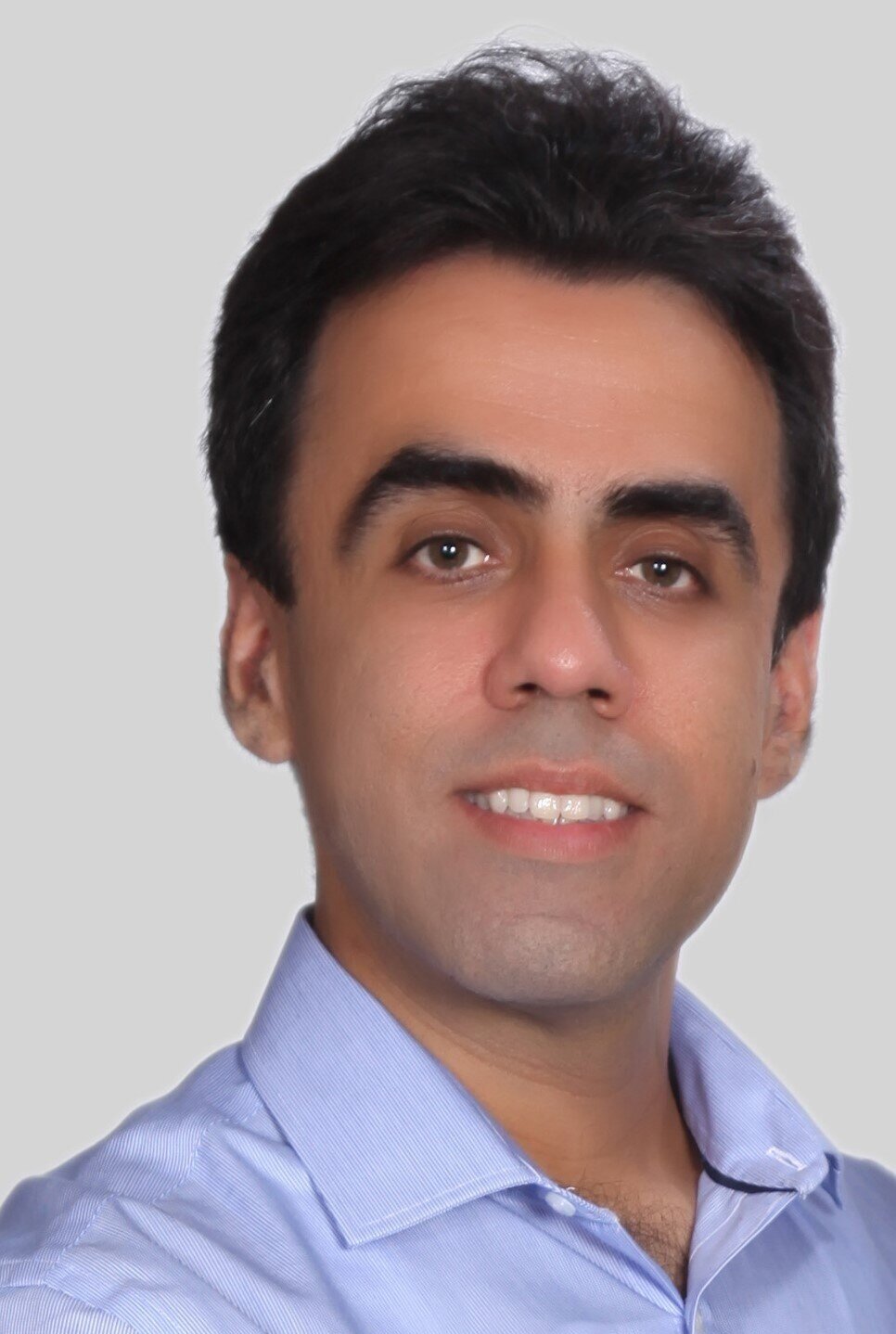Workshop AI for Crisis Response and Climate Security
09 mei 2023 12:30 t/m 16:30 - Locatie: Mondai House of AI (@NEXT Delft, Molengraaffsingel 8) | Zet in mijn agenda
AI for Crisis Response and Climate Security: Opportunities, Challenges and Future Directions
Over the past decade, we have been confronted with floods and storms, pandemics, and conflict. At the same time, AI has undoubtedly changed the way humans interact and make decisions. As such, AI holds substantial promise for understanding and mitigating some of the world’s ‘super-wicked problems’, e.g., the climate crisis, pandemics, or food security. For instance, AI is used to analyse the damages resulting from earthquakes or storms to better allocate resources and plan the recovery; to predict how people move in disaster affected areas, or how human mobility will contribute to the spread of a virus; and to forecast the needs of a disaster-affected population for food, water, shelter, or financial assistance. However, decisions in disasters are characterized by high levels of complexity, uncertainty, and different moral dilemmas that any AI has to account for. At the same time, crisis decisions are often urgent. We know that under time pressure and when the stakes are high, decisions are prone to a range of cognitive biases.
In this workshop, we aim to unpack the main opportunities, challenges, and to explore the ways forward to design, develop and use AI for Crisis Response and Climate security. Our aim is to connect researchers, policy-makers, and practitioners active in this domain, and to develop a joint research agenda.
In this workshop, we aim to unpack the main opportunities, challenges, and to explore the ways forward to design, develop and use AI for Crisis Response and Climate security. Our aim is to connect researchers, policy-makers, and practitioners active in this domain, and to develop a joint research agenda.
Programme
- 12.30 - 13.30 | Networking lunch
- 13.30 - 15.00 | Inspiration session
- We explore different application fields, and gain insights from the practice of AI research and use. Our speakers are:
- Crisis Response: Dr. Ali Mostafavi, Zachry Career Development Associate Professor, Civil & Environmental Engineering, Texas A&M
- Climate Security: Thomas Baar, Lead for the Integrated Food Security Phase Classification, FAO
- TBD
- We explore different application fields, and gain insights from the practice of AI research and use. Our speakers are:
- 15.00 - 15.30 | Coffee Break
- 15.30 - 16.30 | Interactive workshop
- We co-create our joint agenda to make headway in developing responsible AI for crisis response and climate security in two rounds:
- Identify research questions and research needs from academia, policy and practice
- Cluster and prioritize research topics
- We co-create our joint agenda to make headway in developing responsible AI for crisis response and climate security in two rounds:
- 16.30 | Closing & drinks
Dr. Ali Mostafavi
The Next Big Leap: How AI and Data Science Can Transform Disaster Resilience Research and Practice
Dr. Ali Mostafavi is a Zachry Endowed Associate Professor in the Department of Civil and Environmental Engineering at Texas A&M University. He is the Director of UrbanResilience.AI Lab whose research focuses on creating advanced computational models and data science algorithms to advance smart and equitable resilience to crises. His research program integrates advanced machine learning and complex systems-based computational modeling into infrastructure resilience assessments in order to understand and predict complex interactions in the nexus of humans-disasters-built environment. In his talk Ali Mostafavi will expand on using AI for smart crisis response and resilience: how can research on combining community-scale big data with deep and machine learning models improve the ability of a city to withstand disruptions and rapidly recover from crises.

Thomas Baar
A Global Food Crisis: Modelling and Uncertainty
Thomas Baar is a product development manager at the Integrated Food Security Phase Classification (IPC). He is responsible for coordinating the IPC Digital Innovation Agenda, which focuses on modelling and consensus building in support of the IPC analysis process. In addition, he coordinates the design and roll-out of the new IPC Analysis Platform. The IPC Analysis Platform will support analysts and facilitators in conducting and communicating the IPC analysis process more efficiently and effectively. Simultaneously, it will provide an enabling infrastructure for further digital innovation and the integration of validated technologies into the IPC. In his talk Thomas Baar will showcase how AI is improving the analysis process of the Integrated Food Security Phase Classification (IPC), and he will discuss the link between automated and human decision-making.
